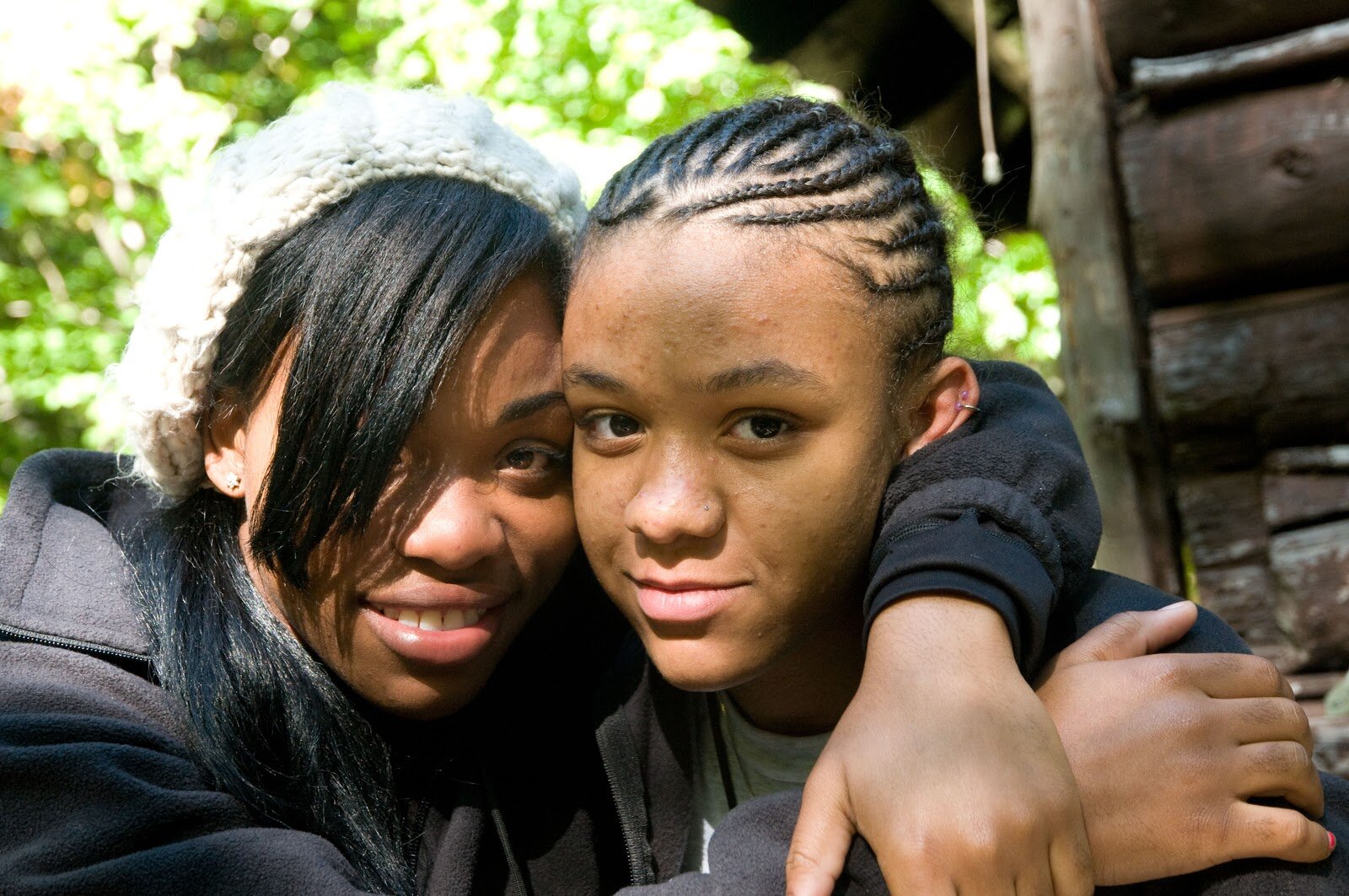
Philosophy
The Walkabout philosophy is inherent in every detail of the Walkabout program. Curiosity, determination, resilience and vision serve as critical components of this philosophy. Walkabout’s five key assumptions serve as the guiding principles behind the Walkabout experience and philosophy.
The Five Key Assumptions
You can do more than you think you can.
No one has more power in your life than you.
Disappointment is an opportunity to grow and learn.
Attitude is critical to success.
Our greatest potential comes alive in community.
You can do more than you think you can.
The first Key Assumption, “You can do more than you think you can,” is the cornerstone of all five. Walkabout is a “challenge-oriented” program, meaning that everything in which a student participates is meant to challenge them to move beyond their perceived limitations. We want students to imagine and then realize their potential for success. To that end, we prepare and then push them to do things they’re not sure they can do. We do this is in order to help them discover qualities they didn’t know they had, and achieve things in which they can take pride. These hard won accomplishments are catalysts for motivating students both academically and attitudinally.
No one has more power in your life than you.
Confidence and positive perspective leads students to become more independent and accountable. They begin to take control of their lives. This is the second Key Assumption, “No one has more power in your life than you.” Students give up their power early on; they give it to their parents, their teachers, their friends, the culture, etc. In doing so, they lose interest in their lives and their educations; they feel powerless and thus become inert. Even academically high achieving students will become stagnant, engaging only in performance-based activities.
Disappointment is an opportunity to grow and learn.
Problem solving, resilience and persistence are some of the most important skills necessary to success. Students who don’t learn these executive functions fall apart and give up when confronted with failure, disappointment or rejection. We help students learn how to embrace challenge as opposed to avoiding it. We encourage them to try multiple approaches and to follow through with ideas or opportunities that are daunting. Challenge, goal setting and self-evaluation are a part of all aspects of the curriculum, experiential and academic. Students are continually asked to strive to accomplish things they’re not sure they can do and to implement plans for achieving them. They are then asked to assess their success or failure in pursuit of those goals and to identify what they will do differently in their future endeavors to achieve them. Disappointment is a critical feedback tool- it strengthens determination and increases the capacity for resilience while encouraging creative problem solving.
Attitude is critical to success.
We reverse the adolescent tendency toward pessimism by channeling that energy into reframing. We help students understand that they are the arbiters of meaning and experience in their own lives. We acknowledge that life is full of disappointment and that bad things happen, however individuals can choose how to experience their circumstances. In the midst of crisis, one can still experience pleasure or appreciation for something positive. We begin every day by having each member of the community share something “New & Good” in their lives with everyone. In the wilderness, we share strategies for getting their minds off the weight of their backpacks, how to relish being in a warm, dry tent when it’s pouring rain outside, how to climb a mountain with your mind instead of your feet. These are lived experiences that students bring back with them to the real world at home, in the classroom, or on an internship so that they can cope with the circumstances of their lives productively and positively.
Our greatest potential comes alive in community.
Walkabout students set and achieve goals collectively and individually. The wellbeing of the community relies on a collective commitment and understanding of each of its members to support one another. Students realize their value and that of others through the mutuality of working toward a common goal. This leads to confidence and self-reliance as students understand that they are being counted upon by the rest of the group. This reciprocal relationship generates appreciation for the gifts of others and themselves, awareness of human variety and authentic inclusion. Students know they will be listened to with discernment instead of judgement, regardless of their differences, because they share a common purpose to help everyone achieve their greatest potential.
The Five Key Assumptions lead to agency
Agency is the ultimate goal we have for students. It is the right combination of skills and attitudes that allow students to be autonomous. They recognize and embrace that they are in control of and responsible for their own success or failure. They no longer feel subject to the whims of outside forces to determine their lives. They have the critical thinking and problem solving skills to apply to all of their endeavors inside and outside of the classroom. The Walkabout education is a rite of passage into adulthood where young adults have experiences in which they learn to take responsibility for the outcomes of those experiences.






